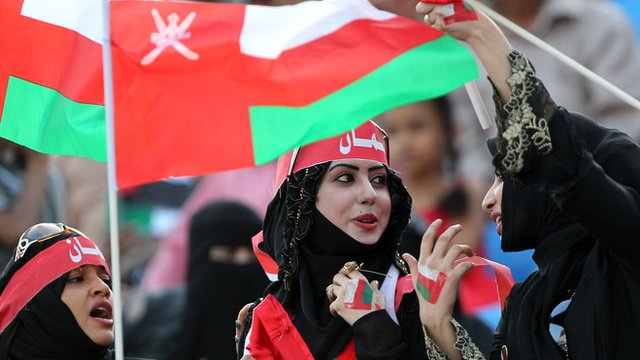Oman, a nation with a population of 2.6 million, is the oldest independent state in the Arab world. It is situated on the southeast corner of the Arabian Peninsula, where the Persian Gulf and Arabian Sea converge. It is governed by an absolute monarchy, in which the Sultan of Oman assumes the dual role of chief of state and head of government, overseeing a nation that has historically grappled with significant challenges in women’s rights and gender equality.
In recent years, Oman has experienced a notable shift in its approach to women’s rights, particularly in political participation. Omani women are now actively voting, running for public office, and occupying ministerial positions. The educational landscape reflects progress, with women constituting over 50 percent of university students, indicating a commitment to equal opportunities. Additionally, important legal advancements, such as ratifying the Convention on the Elimination of All Forms of Discrimination against Women (CEDAW) in 2006 and granting equal land ownership rights in 2008, signify strides towards gender equality.
However, challenges persist, as the commitment to CEDAW comes with reservations. This underscores the need for ongoing scrutiny and advocacy to ensure sustained progress and comprehensively address nuanced gender biases. More specifically, significant obstacles impede women’s full participation in public life across legal, economic, and political spheres despite commendable progress. Patriarchal structures hinder female representation in politics, while discriminatory laws restrict economic and social rights. Calls for equal rights in marriage, divorce, inheritance, nationality, child custody, and freedom of movement have yet to be decisively addressed. The criminalization of abortion further complicates women’s reproductive rights.
One of the most formidable challenges is the denial of fundamental civil liberties, including freedom of association and expression. This limitation poses a significant barrier for women seeking to contribute meaningfully to public discourse. Further, gaps in addressing domestic violence persist, with the absence of formal laws and established shelters leaving victims vulnerable. In personal status cases, such as divorce, imbalances in the judicial process favoring men persist.
The Ministry of Interior introduces additional challenges for women, requiring both male and female citizens to obtain permission to marry foreigners, a particularly arduous process for women. While nationals can marry citizens of Gulf Cooperation Council countries without restrictions, the authorities do not automatically grant permission for other foreign marriages. This disparity affects personal lives and can result in severe consequences, including denial of entry for the foreign spouse at the border, potential denial of citizenship and residency rights for children, and even barring from government employment.
Despite Oman’s expressed commitment to promoting human rights, including gender equality, few significant changes have been made to address gender inequality. This indicates that Oman’s efforts to achieve gender equality are still in progress and require continuous attention and engagement.

